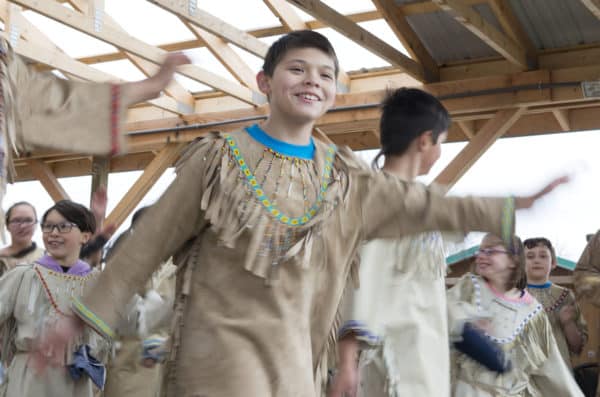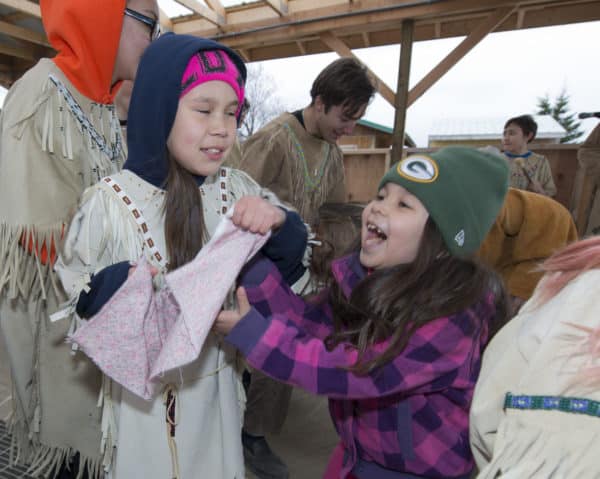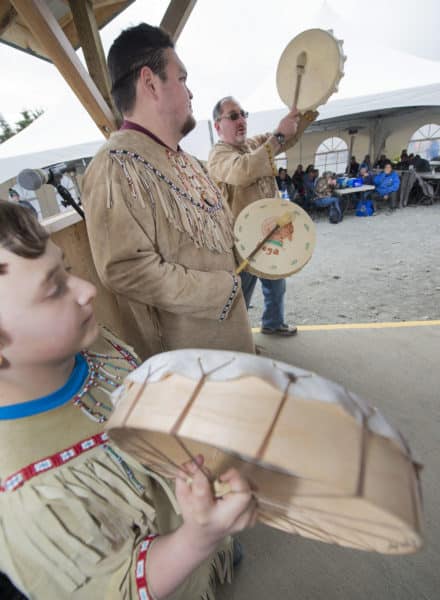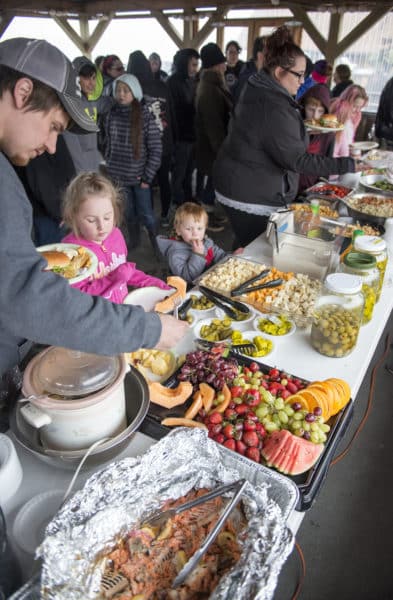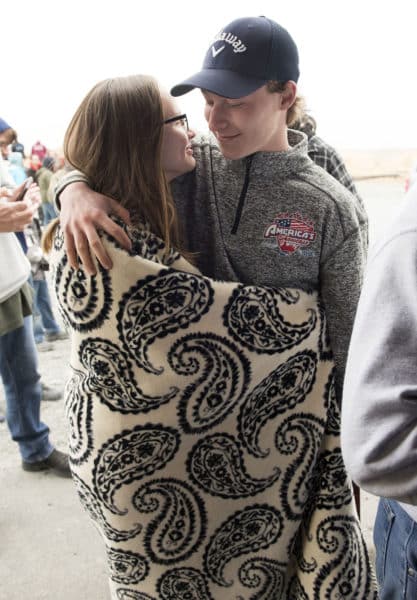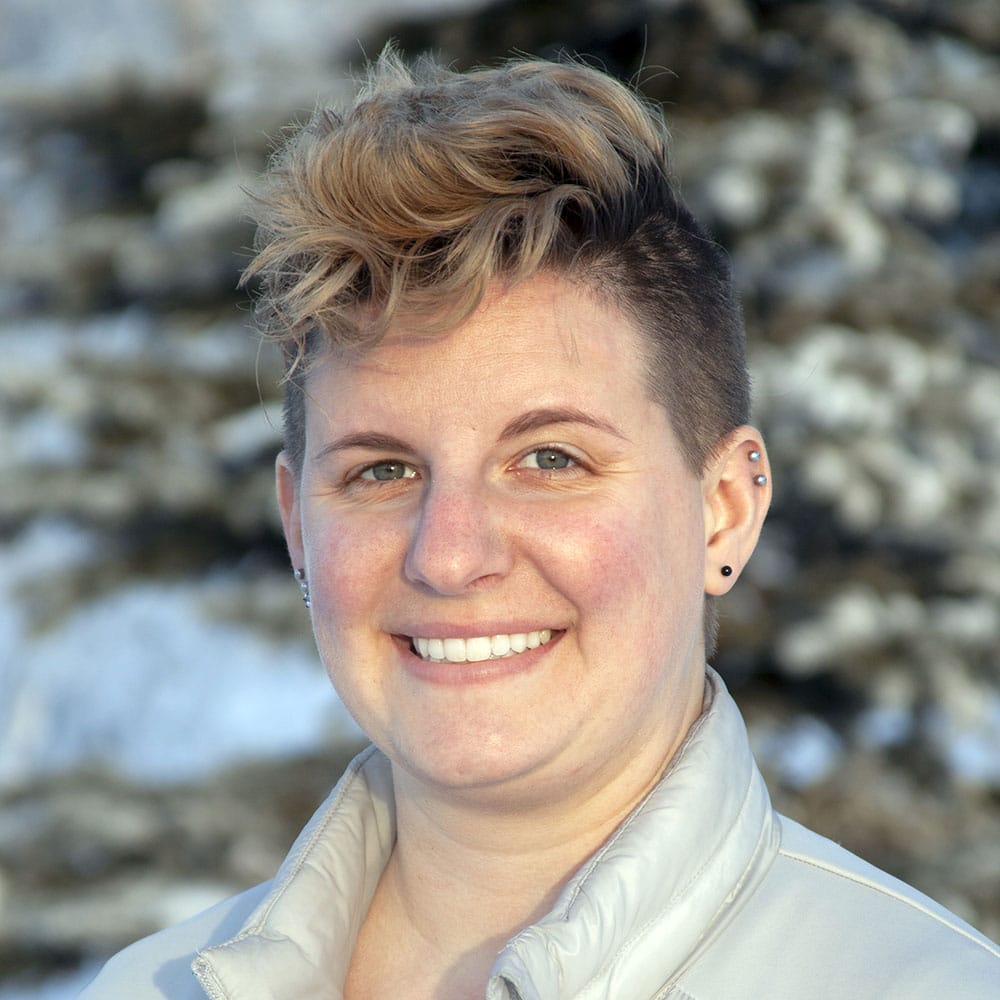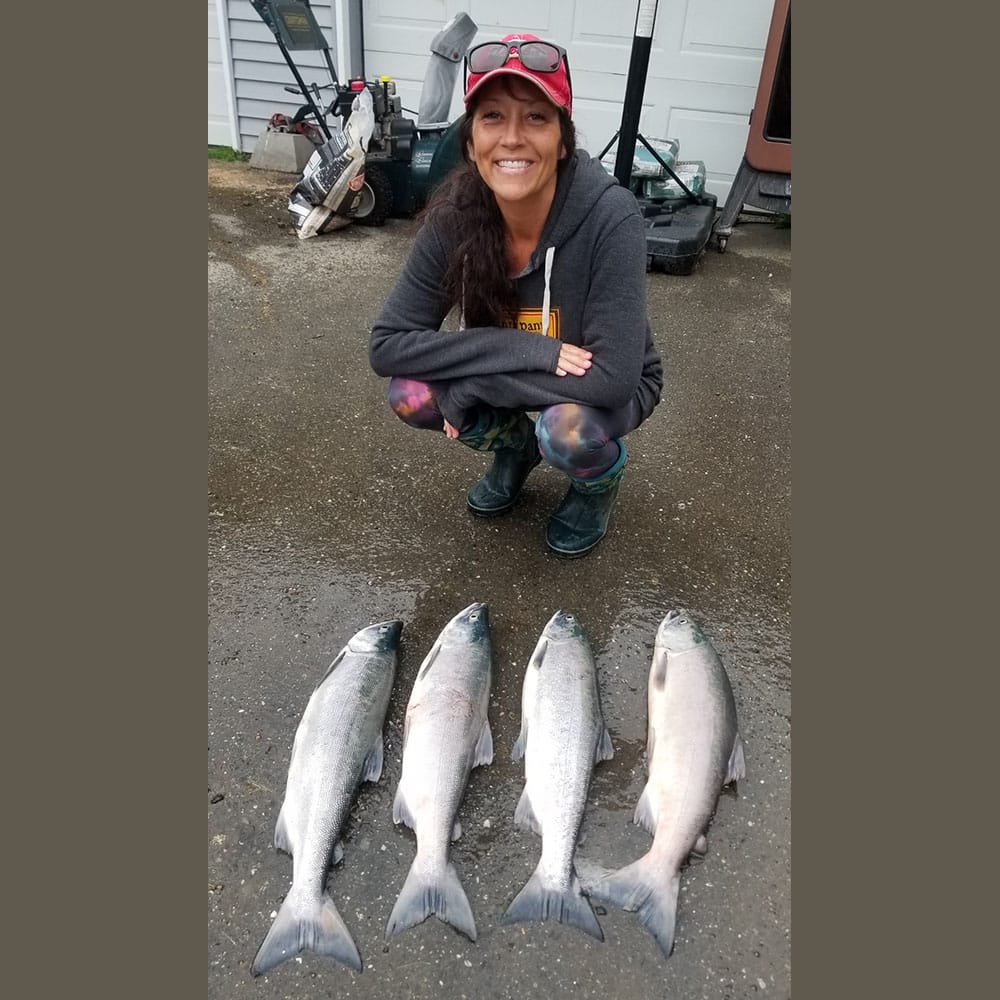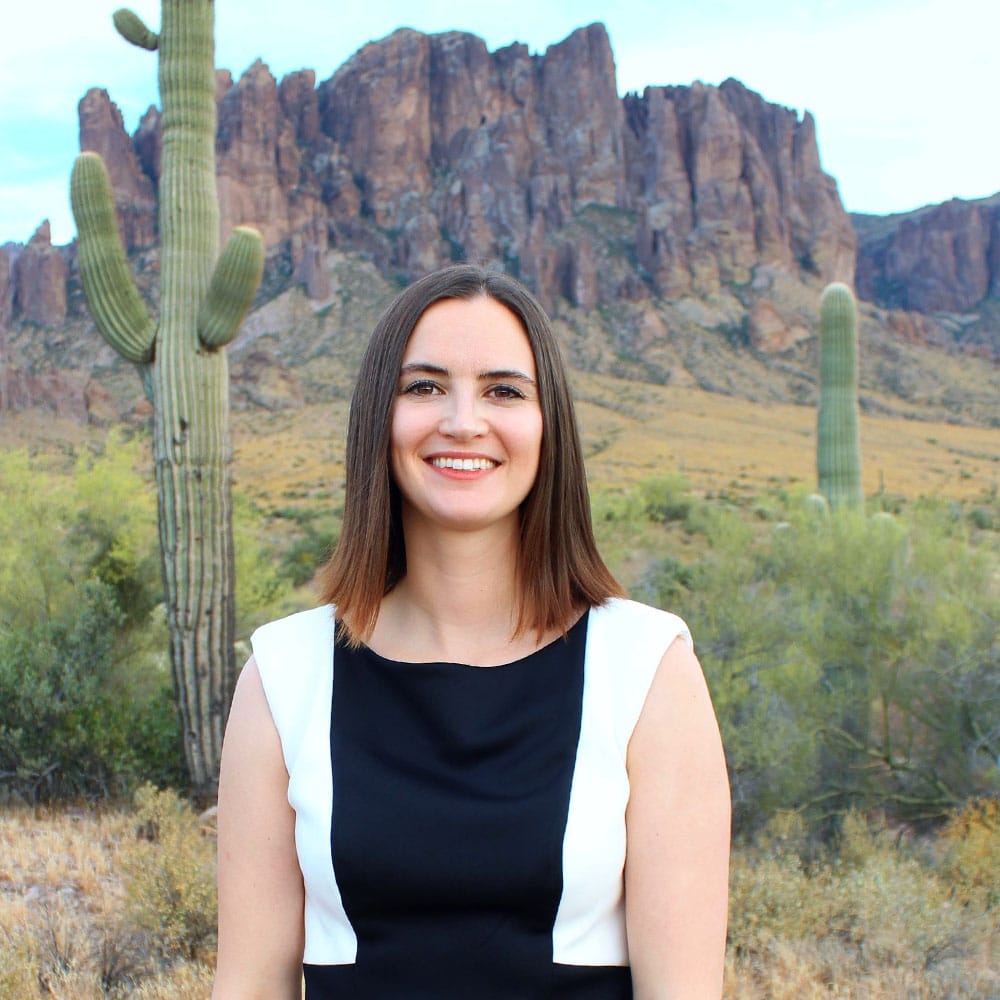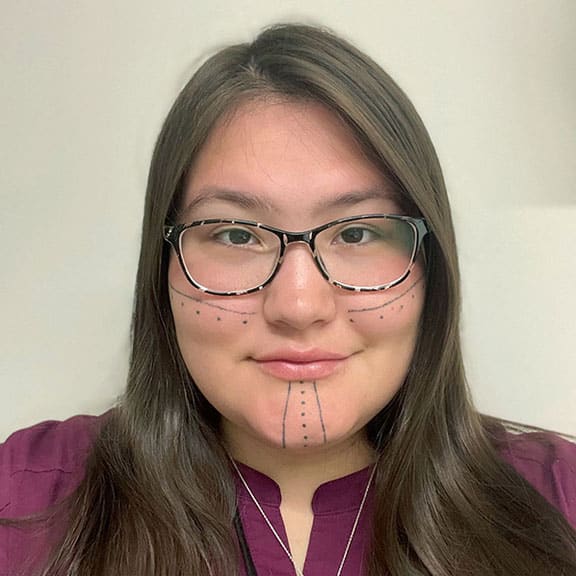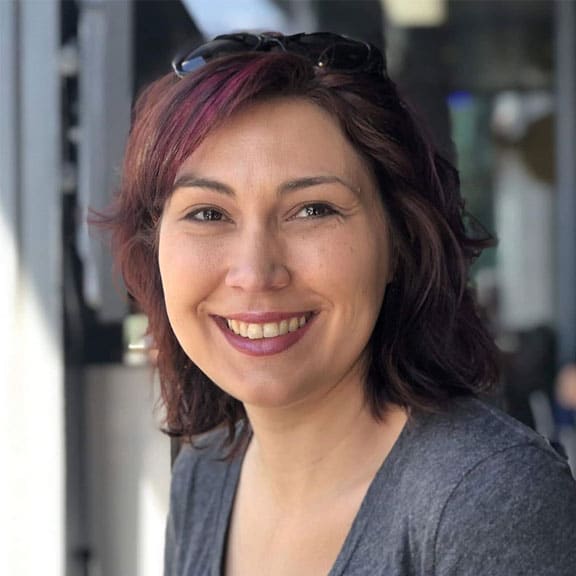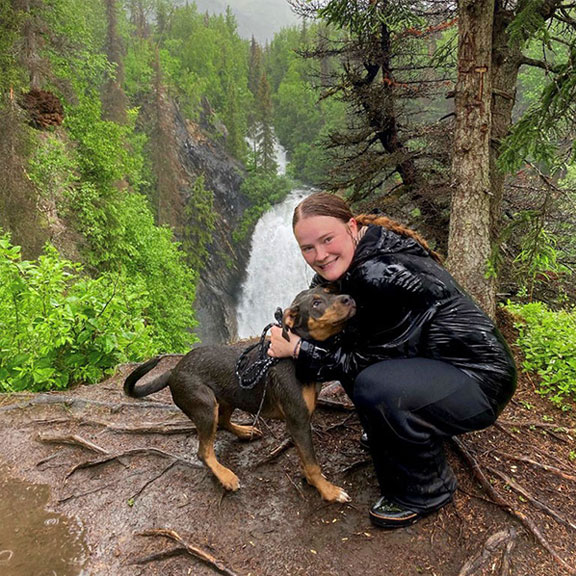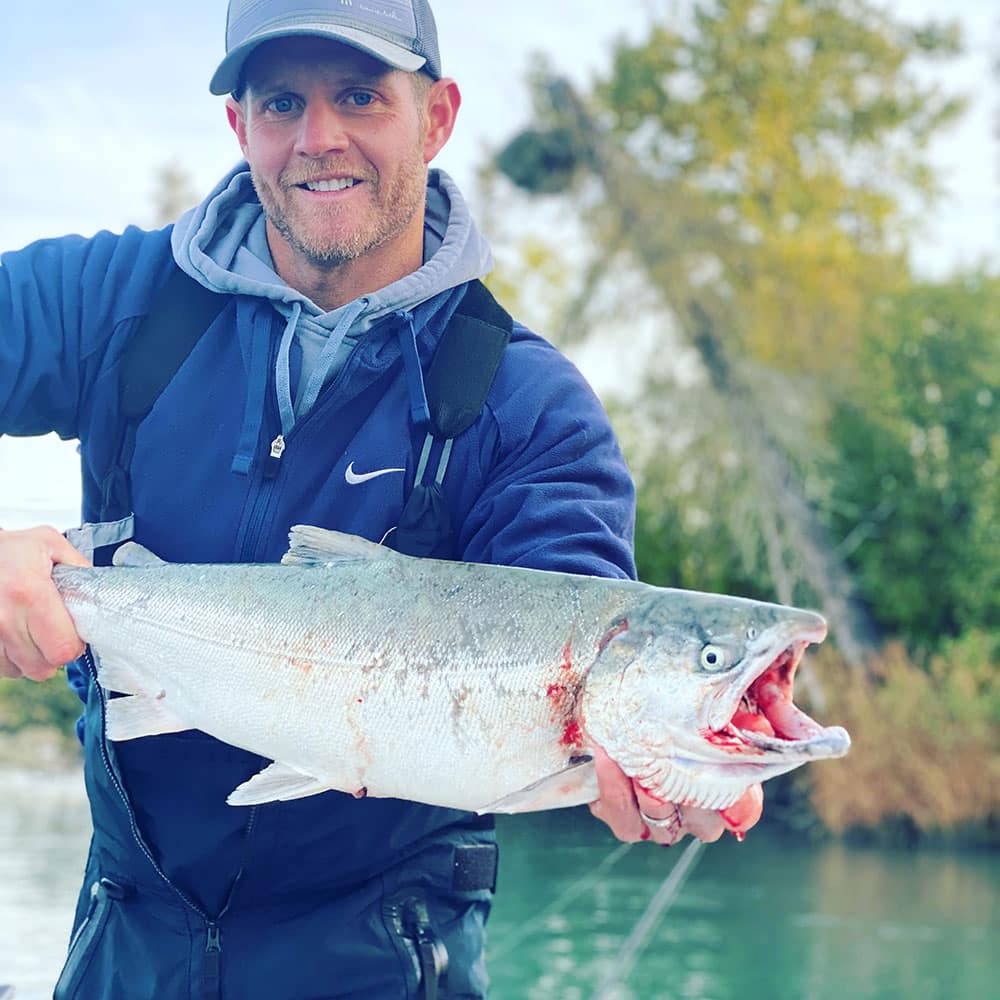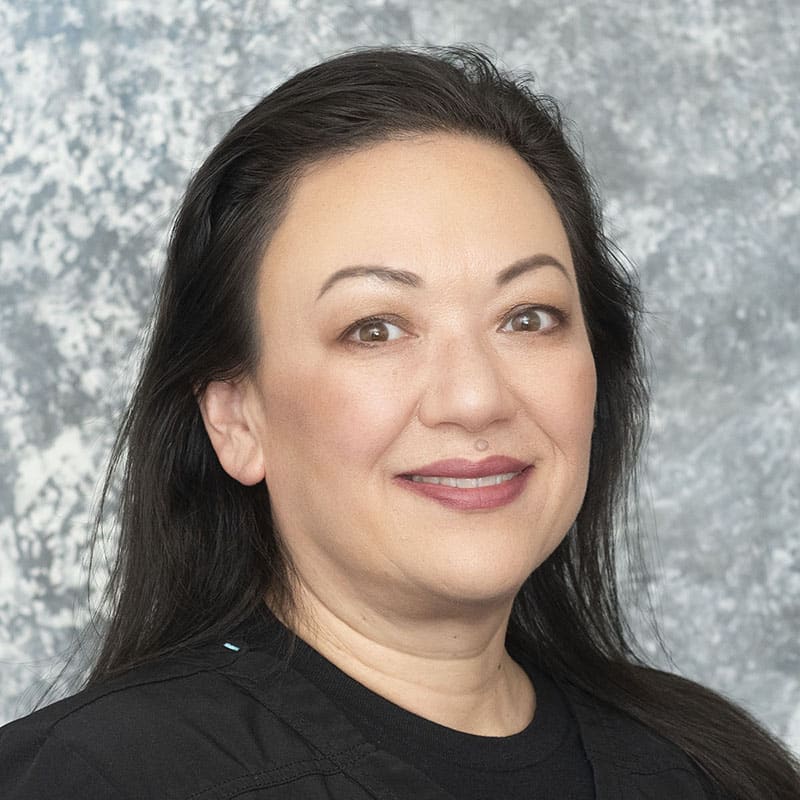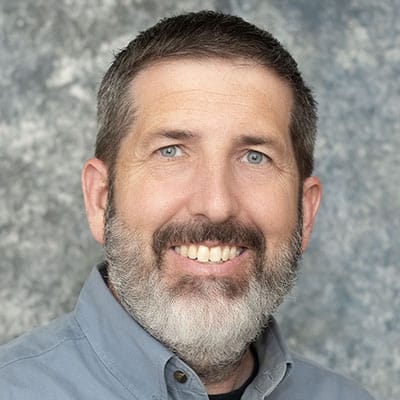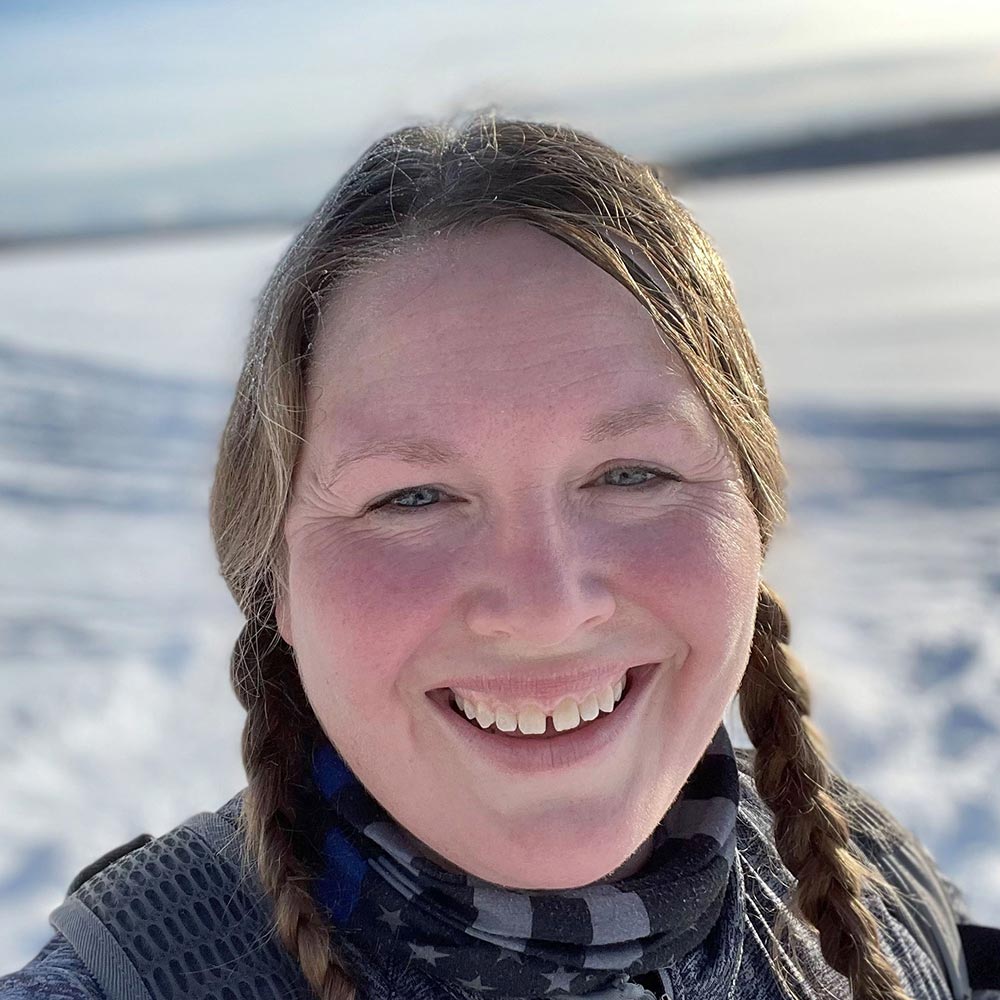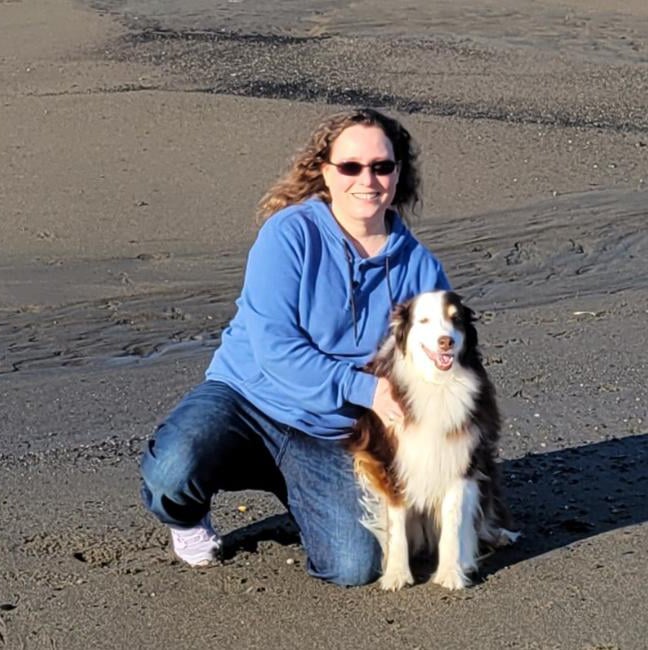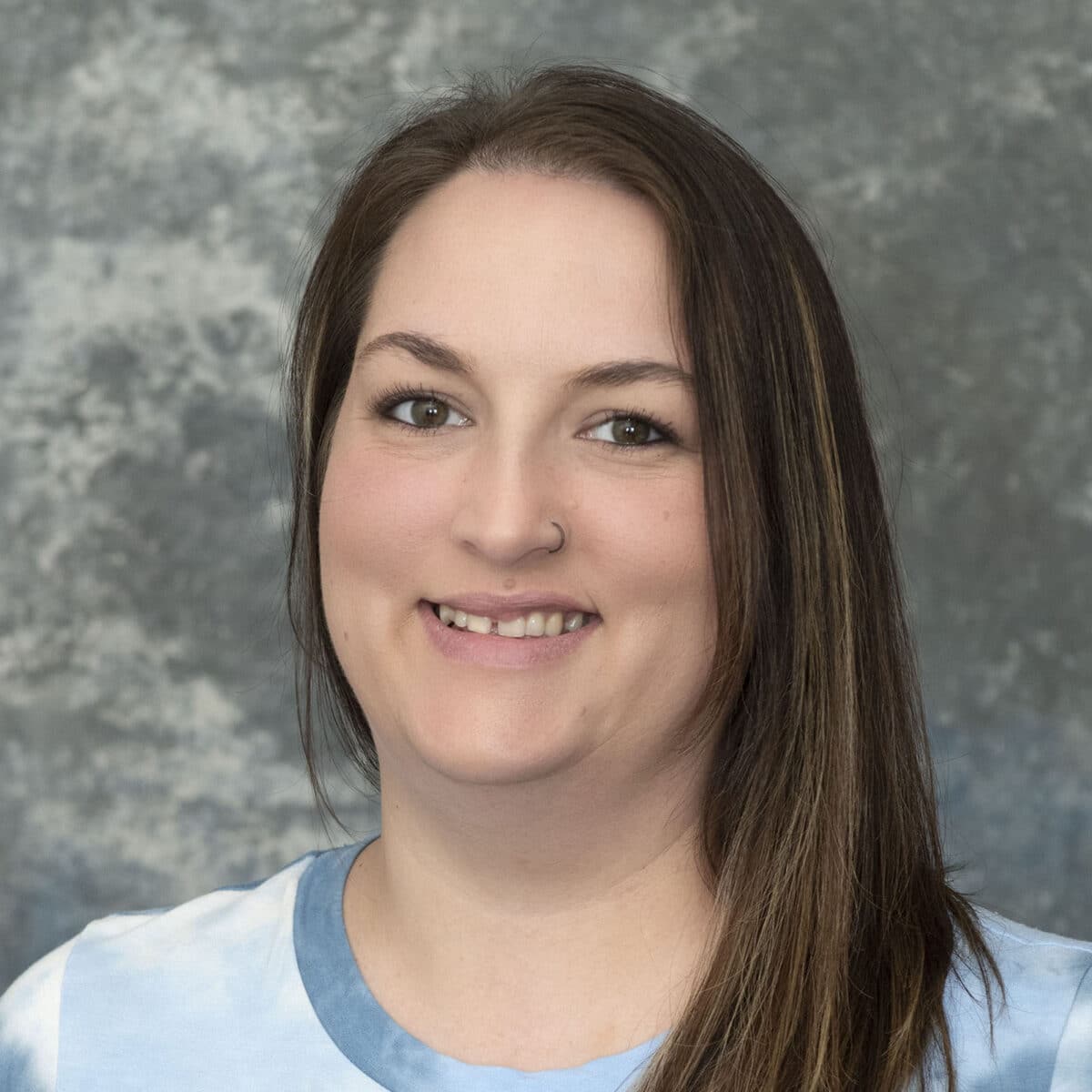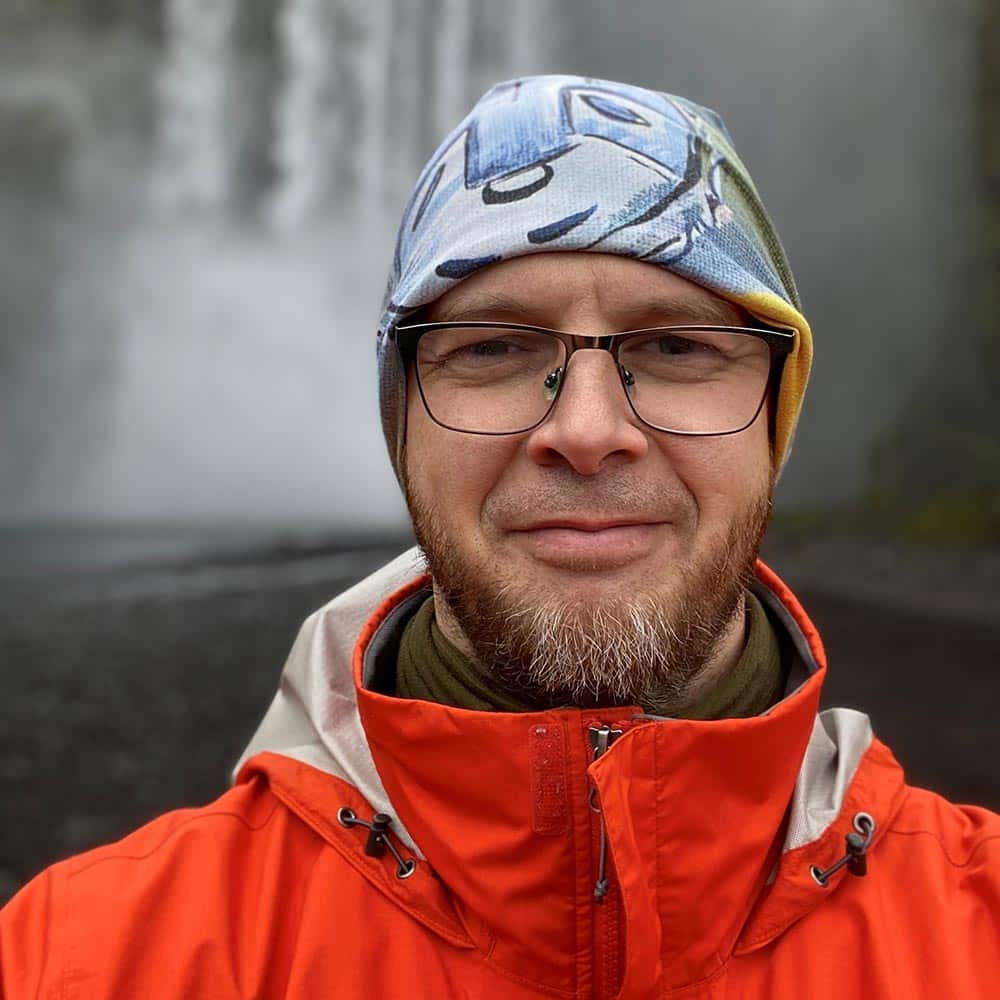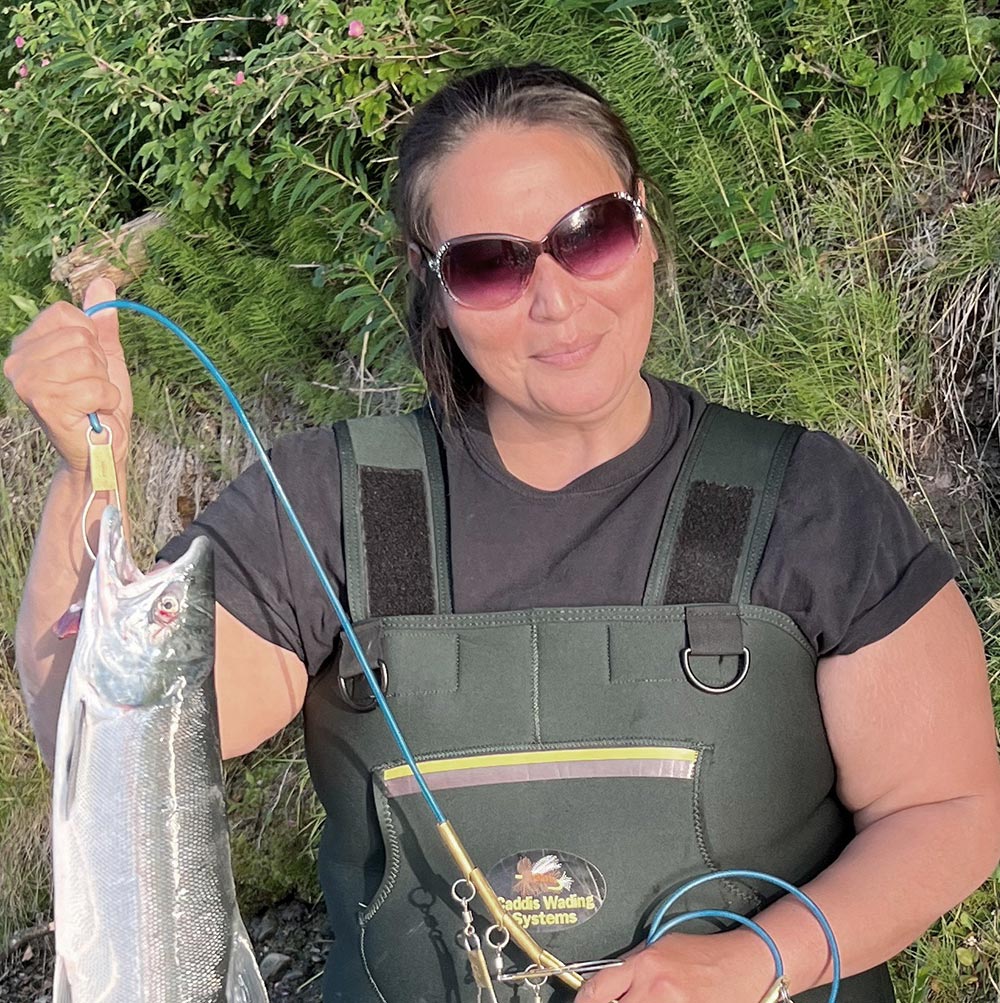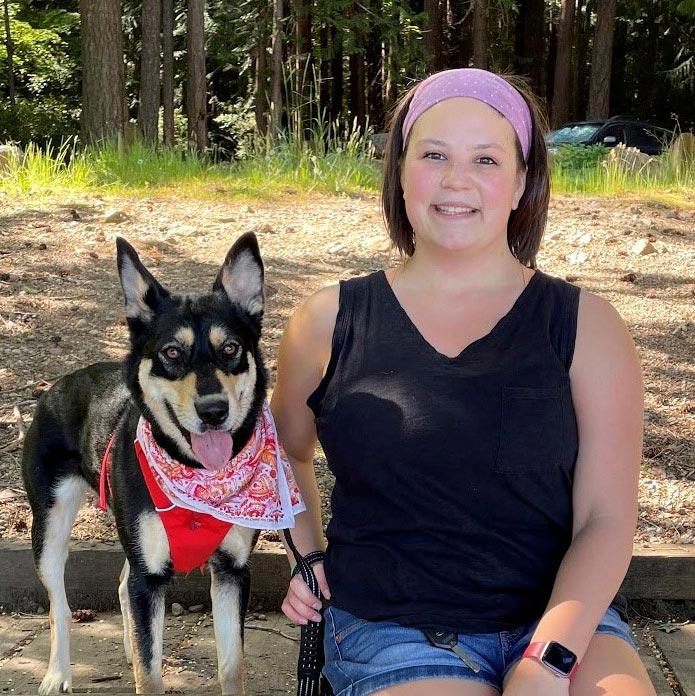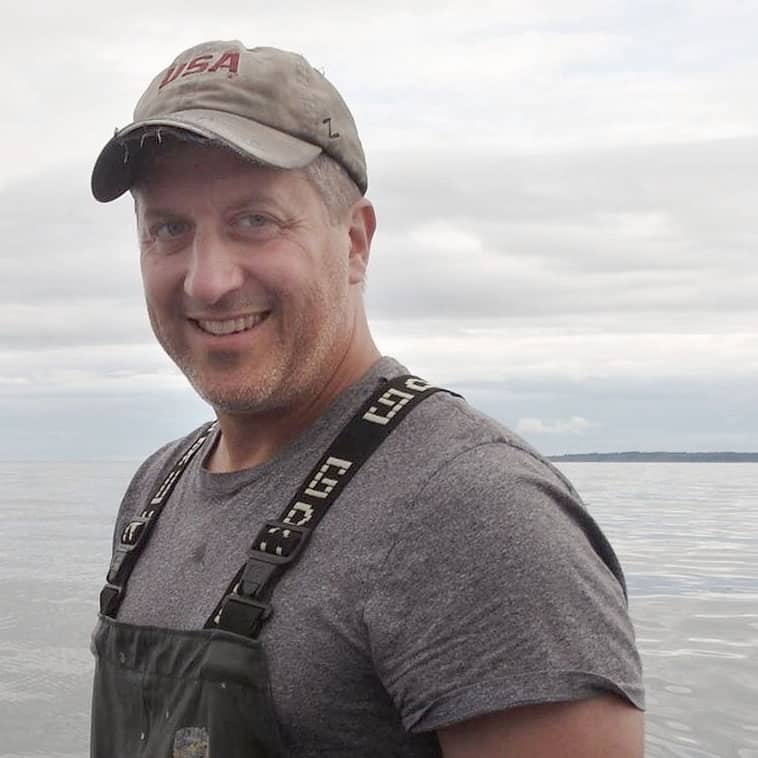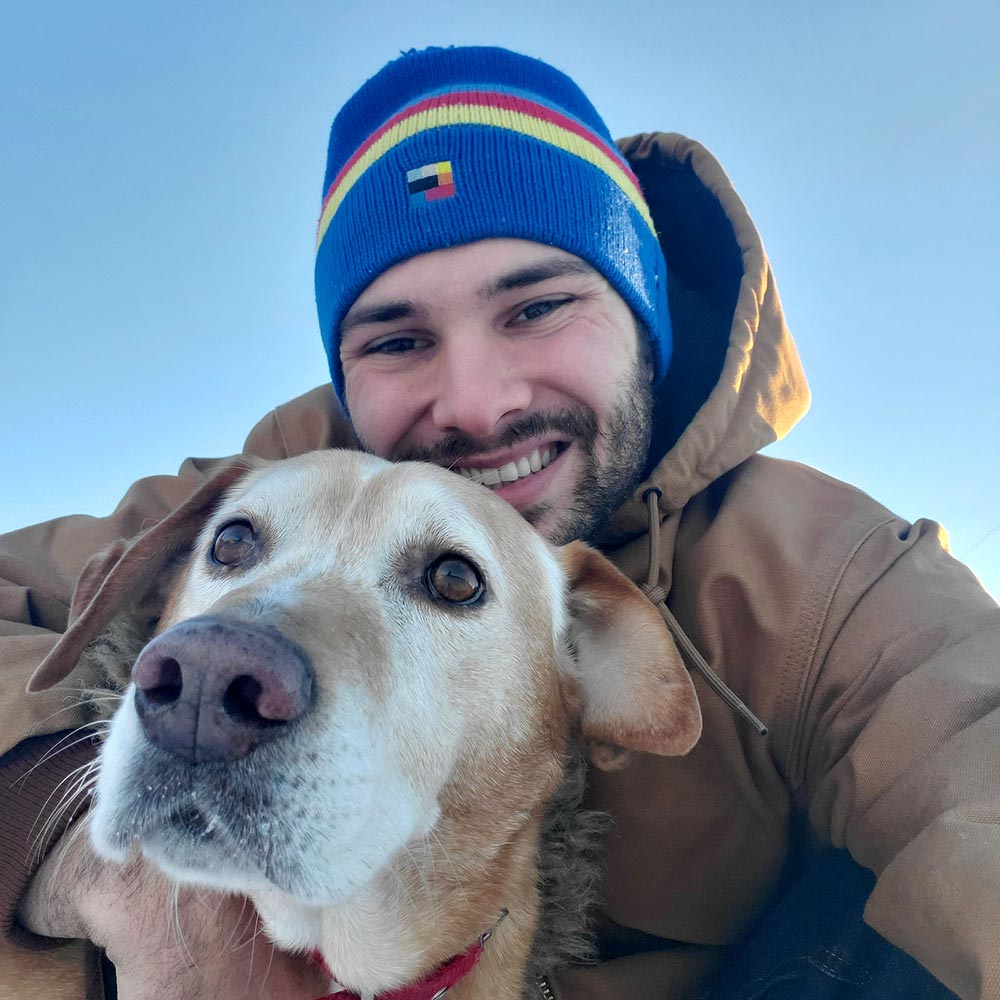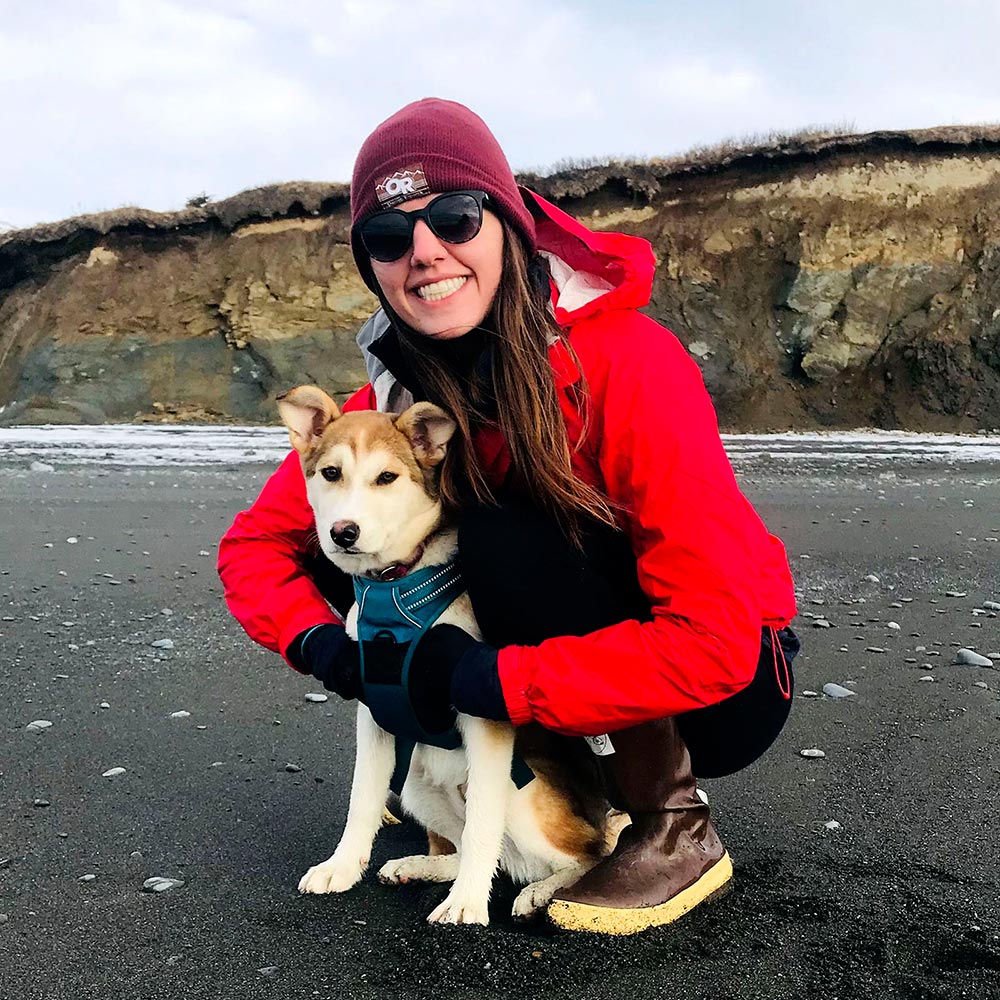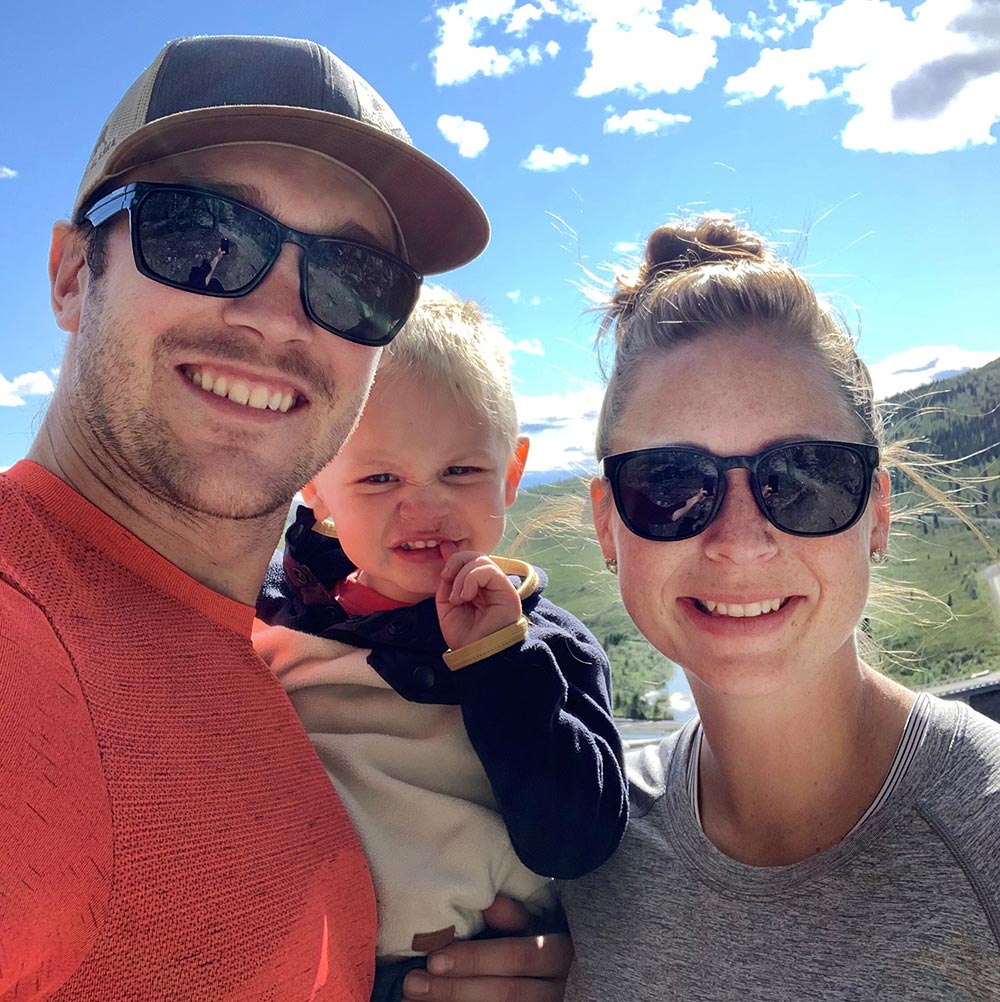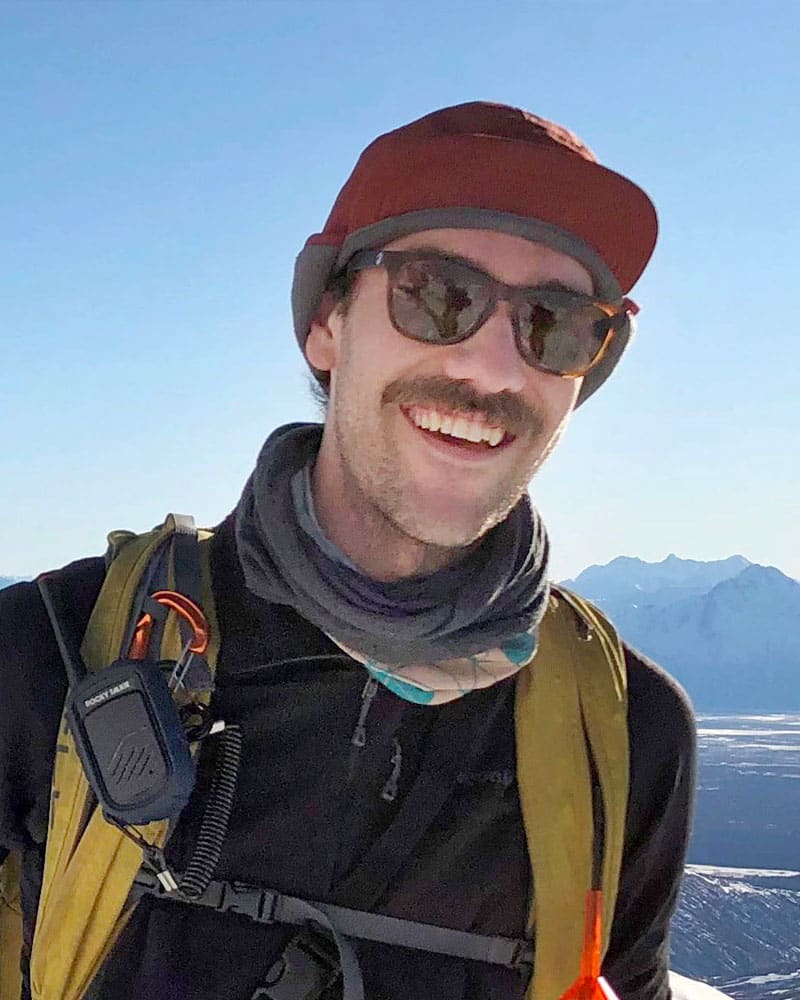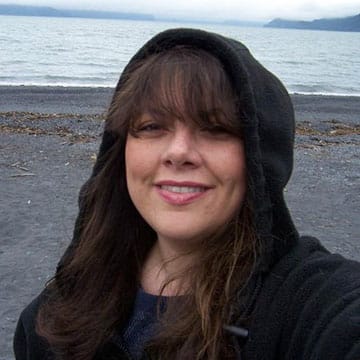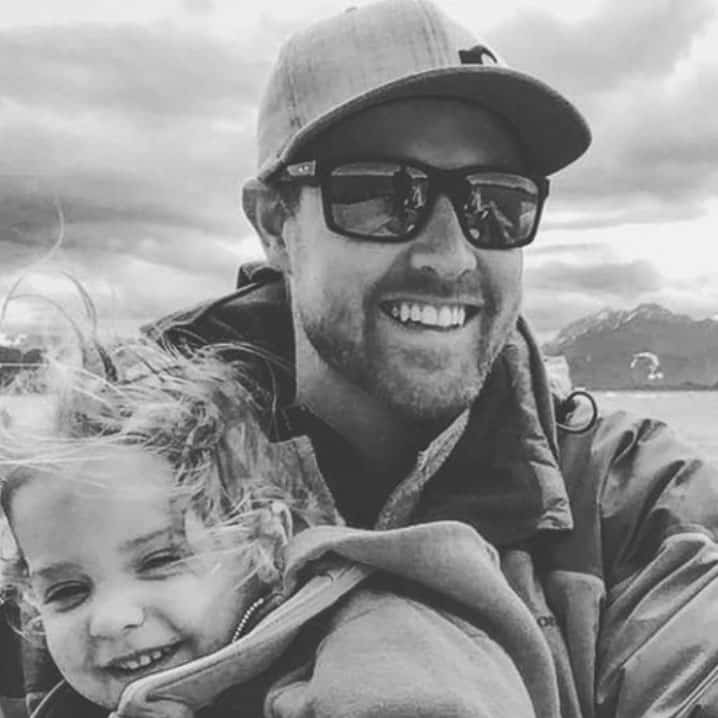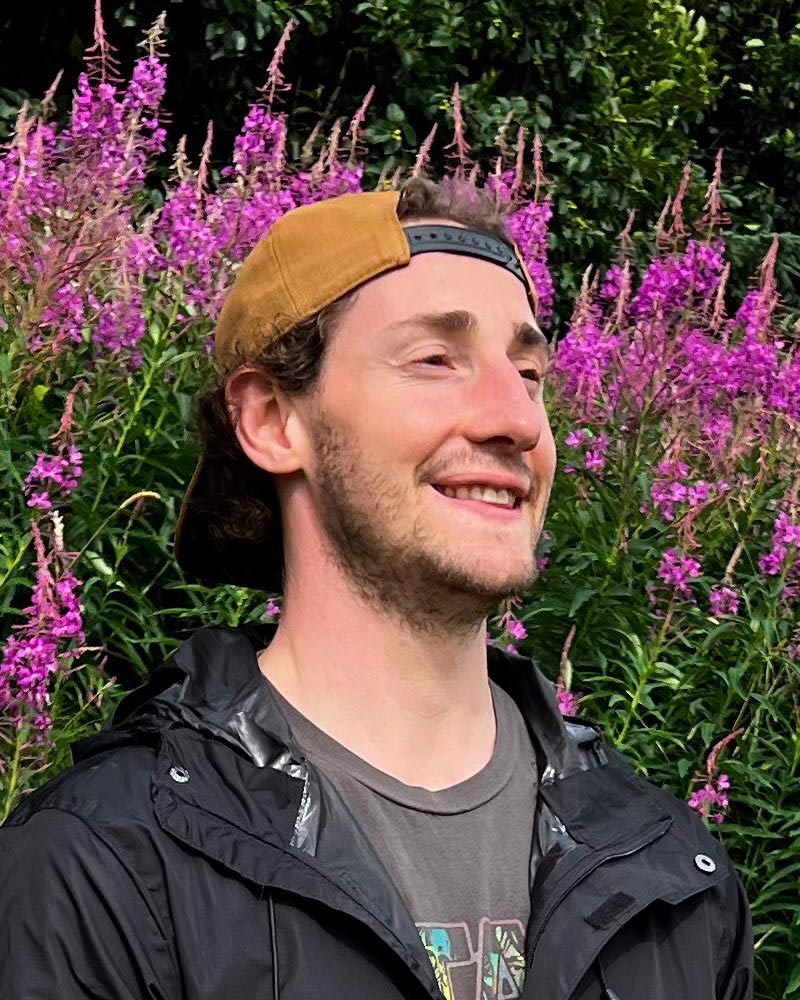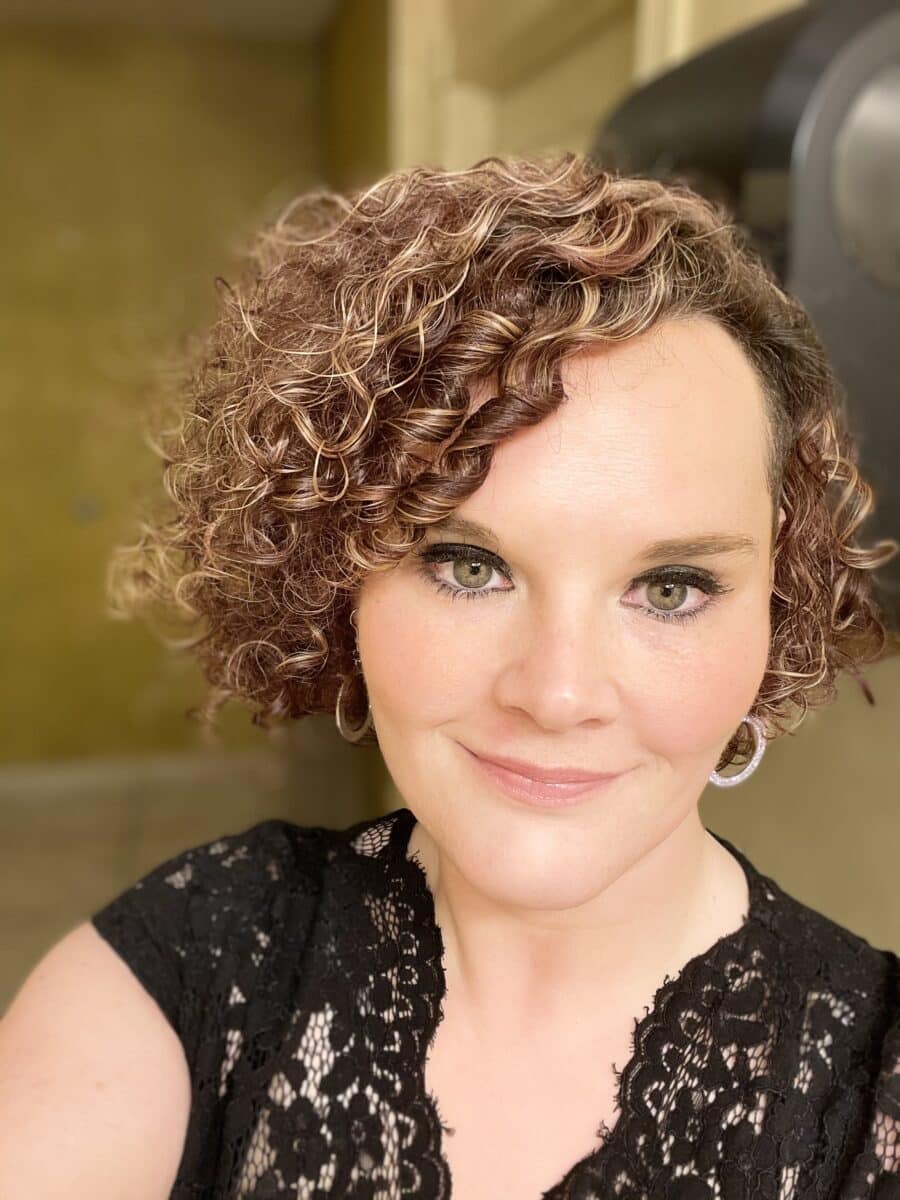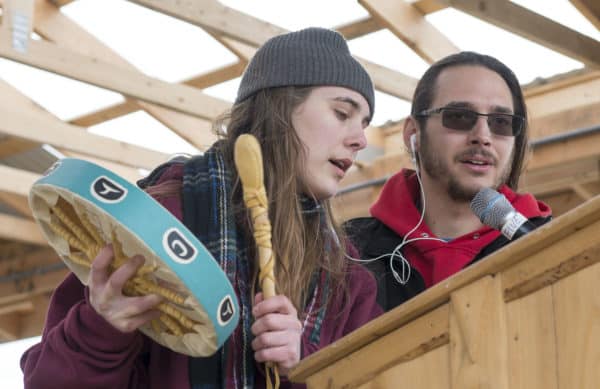
Jasmine Koster and Joel Isaak perform “Dena’ina Qenaga” during opening ceremonies for the net on May 1.
The Kenaitze Indian Tribe officially opened the 2017 Educational Fishery on May 1, welcoming scores of tribal members to the fishery site in Kenai for a day-long celebration that included food, music, dancing and time around the fire.
It’s the 28th year the tribe has operated the fishery along the shores of Cook Inlet, Tikahtnu, near the mouth of the Kenai River. No salmon came to the net, but that didn’t dampen the mood on season’s opening day.
“This tribal fishery has given us much more than fish,” Tribal Council secretary Liisia Blizzard said. “We have reconnected with our culture, our identity, and we have pride in our heritage. We are teaching our children our language, songs, dance and values of our ancestors.”
Under late-morning, overcast skies, the event began with remarks from tribal leadership.
Jim Segura, Chairman of the Hunting, Fishing and Gathering Commission, provided an overview of new fishery policies and procedures while introducing the staff members who will manage the site this summer. Segura said the tribe is authorized to fish one net through June and four nets in July. The tribe’s quota is 10,000 fish for the season, he added.
Tribal Council Chairperson Jennifer Showalter Yeoman welcomed attendees and thanked past and present tribal leaders for advocating for the tribal fishery, which the tribe began operating in the late 1980s.
“This is a dream of all of our Elders to be able to fish together,” Showalter Yeoman said.
Highlights early in the day also included a prayer from Elder Linda Ross as well as a performance by tribal members Joel Isaak and Jasmine Koster, who sang a duet of a song called, “Dena’ina Qenaga.”
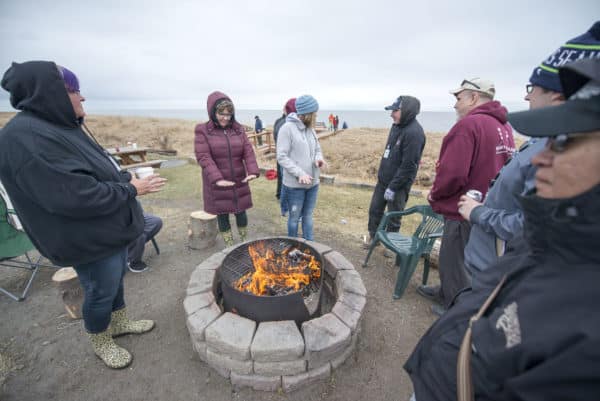
The fire was a popular stop during the opening of the net on May 1. The day featured a brisk breeze and intermittent rain.
After lunch was served, families spent time around the fire, children played in the sand and the fishery crew prepped the net. The evening included drumming by Heartbeat of Mother Earth and a performance by the Jabila’ina Dance Group, which is made up of Yaghanen Youth Program participants.
From Elders to youth, those who attended enjoyed the day for different reasons.
Mountain View Elementary School fourth-grader Robert Hayes, 10, said he appreciated spending time with his friends and family and meeting new people.
Hayes wasn’t sure how many net openers he had attended in the past, but he looked forward to fishing with his family this summer. To Hayes, the net is important not for what it gives him but for what it provides for others.
“Elders can have fun and get some food,” Hayes said.
Friend William Wilson, 11, who attends Kalifornsky Beach Elementary School and participates in the Yaghanen Youth Program, also spends time at the net with his family each summer. What Wilson looks forward to most, he said, is the anticipation of catching fish – staying up late, waking up early, waiting for the tide, and pulling the net out of the water.
But for Wilson, the highlight of opening day was dancing with the Jabila’ina Dance Group.
“It’s fun and we laughed a lot,” he said.
Meanwhile, for others, it was their first time attending the celebration.
Early Childhood Center employee Josie Oliva, attending for the first time, said it wasn’t until last summer when she worked at the K’Beq’ Interpretive Site in Cooper Landing that she learned the tribal fishery existed.
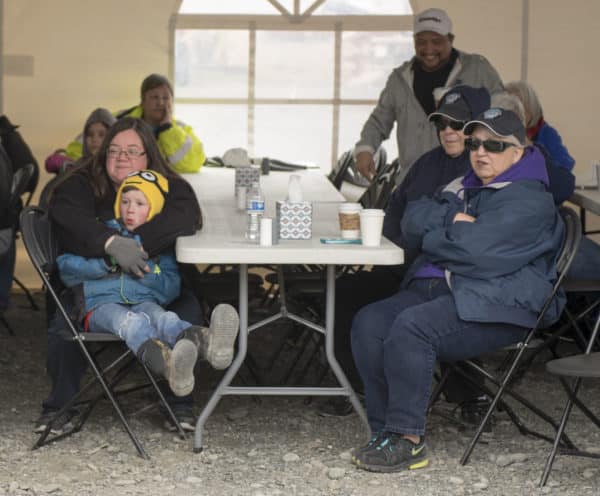
Members of the audience sit under heated tents to listen watch performances during the opening of the net ceremony.
She enjoyed many different aspects of the celebration.
“The food, seeing people I know, seeing the kids have fun, and watching everybody dance,” Oliva said of the highlights.
Another first-time attendee was Catherine Wolk, an anthropology student at Kenai Peninsula College.
Wolk, who was born in Soldotna and raised in Kasilof, grew up set-net fishing with her family and carried those experiences into adulthood. For Wolk, being at the tribal fishery brought back fond memories of childhood.
“It was really important, it was a lot of fun and we got a lot of fish,” she said. “It was a time for everyone to meet up at least once a year.”
Visit the net
To schedule a tide or learn more about this year’s fishery policies, please contact the Tribal Government office at 907-335-7200.

